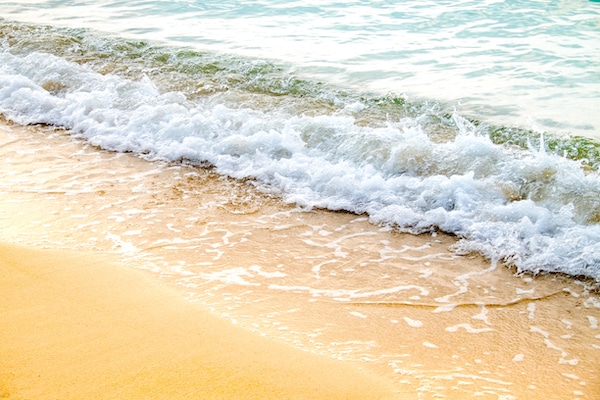by Jeff Thomas, International Man:

In advising those who are considering international diversification, the most common misconception I hear is that, “There’s not really anything you can do. The globalists are taking over the world and that means that there’s nowhere to go to escape them.”
Not so.
Clearly, much of what was at one time known as the “free world” is in a dramatic decline and this is most certainly due, in large part, to globalists. Consequently, those who live in one of the declining countries assume that the world mirrors what exists in the country in which they live.
TRUTH LIVES on at https://sgtreport.tv/
Many of these people tend to be fatalists and assume that they have no options. However, throughout history, there have always been countries (and empires) that were in the declining stages of their “shelf-life.” But, likewise, there have also always been those countries that were on the rise at the same time.
It’s as perennial as the ebb and flow of the tides. As the tide of prosperity and freedom flows away from one nation’s shore, it flows toward another’s. The objective is to pick those countries that are on the rise, to increase the likelihood of a good future.
An important factor to keep in mind is that, whilst collectivism is ever-popular with globalists, it kills the free market and man’s sense of enterprise. Therefore, it eventually diminishes the creation of real wealth and prosperity, upon which collectivism feeds. As Maggie Thatcher said, “The problem with socialism is that, eventually, you run out of other people’s money.” For this reason, collectivists eventually (and invariably) kill off the milk cow that feeds them. When this happens, they can no longer fund their programmes and the system collapses. This means that they cannot continue to provide entitlements, nor can they afford to enforce their draconian laws. (Think about that.)
It’s also important to keep in mind that wealth is not destroyed; it just changes hands. If it flows out of one country, that means it’s flowing to another. There’s always a balance.
In advising people who are citizens and/or residents of nations that are presently in decline, the following are the concerns that I hear most frequently. (It’s important to note that all of the solutions below are legal. You should always remain within the law.)
If I choose to leave my country, where could I go?
Choose countries that have a history of being welcoming to people in your situation.
- A history of staying out of conflict – not taking sides in wars
- Minimal economic dependence on declining countries – minimal exports and imports, minimal grants and treaties that bind the country to a declining country
- A people that are welcoming of foreigners, rather than resenting them
- A people who share the same core values that you do
- A country that can supply you with your basic needs (job, schooling, medical facilities, diet, etc.). They need not be the same as you have now, as long as they are sufficient. (No one truly needs a Starbucks on the corner, but they do need an adequate supply of food.)
Then, pick the country that you feel would be the happiest place for you and your family, based upon their needs and personal likes and dislikes.
What do I do about my citizenship?
If you can accomplish it, it’s very advisable to take on another citizenship or two. Several countries (Austria, Cyprus, Malta, St. Kitts/Nevis, St. Lucia, Dominica, Antigua/Barbuda, Grenada) offer investment citizenship. It’s costly – ranging from $100,000 (Dominica) to over one million dollars, but some of them offer a full return of your investment after a period of time.
Alternatively, citizenship by residence is possible in many countries, some of them for relatively brief periods (Argentina – 2 years, Paraguay and Uruguay – 3 years, etc.). Bear in mind that you need not necessarily live in the country that provided the passport after you gain it. Your citizenship is primarily a protection against remaining a possession of your home country.
How do I protect my savings from confiscation?
For many people in the world, this is as simple as creating a bank account in a jurisdiction that’s less likely to be impacted by the decline than your own. However, this is becoming increasingly difficult for those who hold an American passport. Many banks around the world will no longer accept American clients. Therefore, the best way to get money out is to buy precious metals in a safer jurisdiction and store them there.
Read More @ InternationalMan.com



